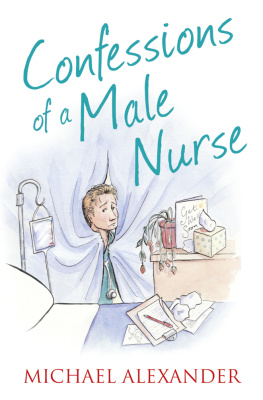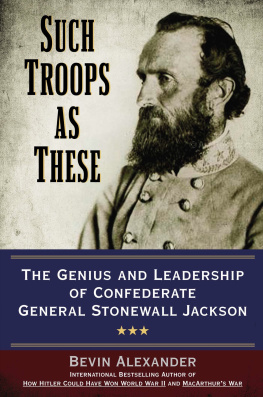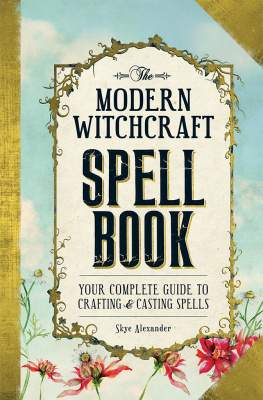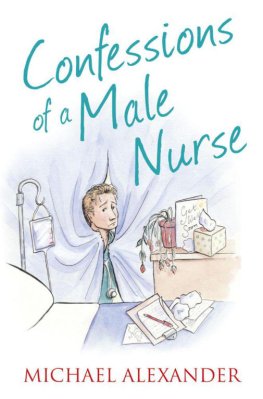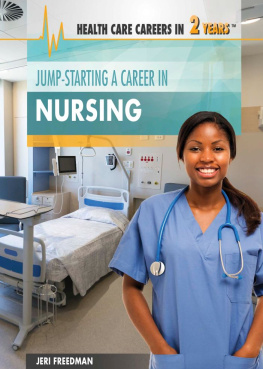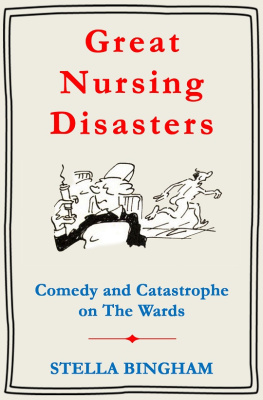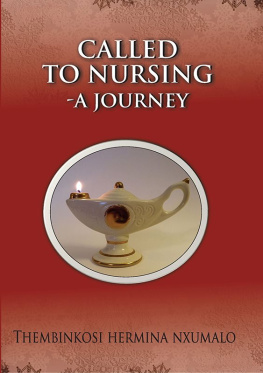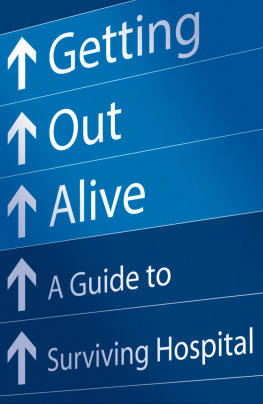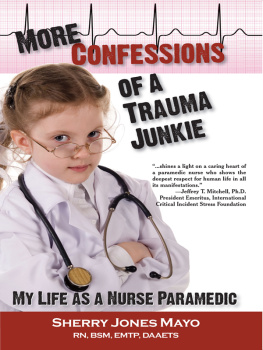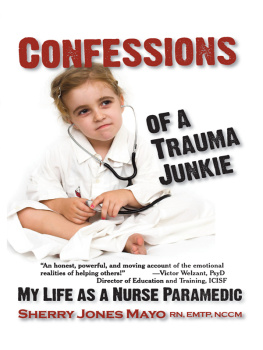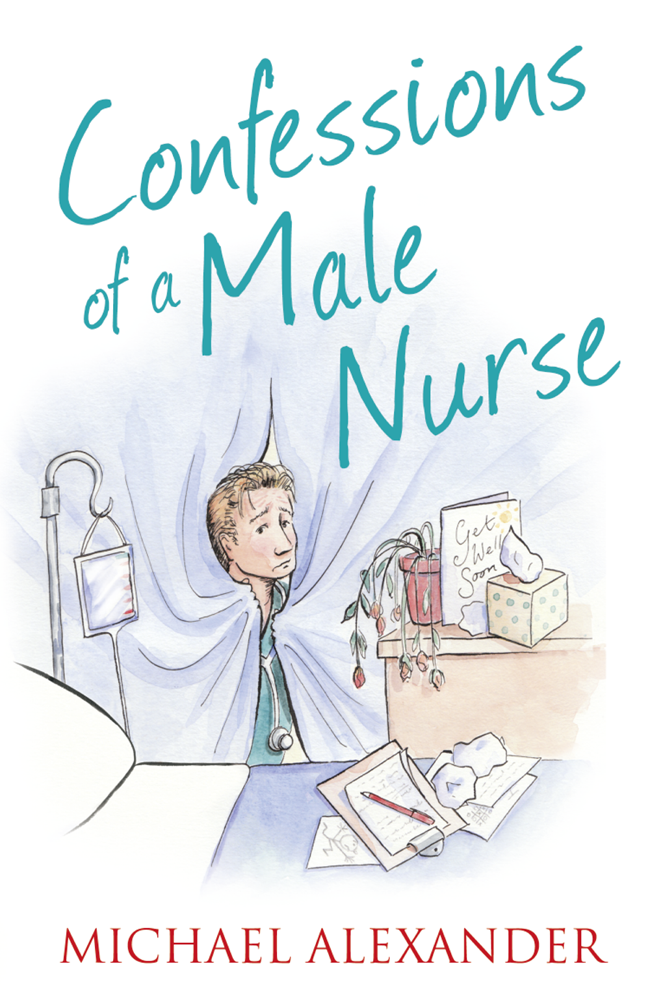
If you enjoyed Blood Swaet and Tea, we think you will love
Confessions of a GP
Dr. Benjamin Daniels
Benjamin Daniels is angry. He is frustrated, confused, baffled and, quite frequently, very funny. He is also a GP. These are his confessions.
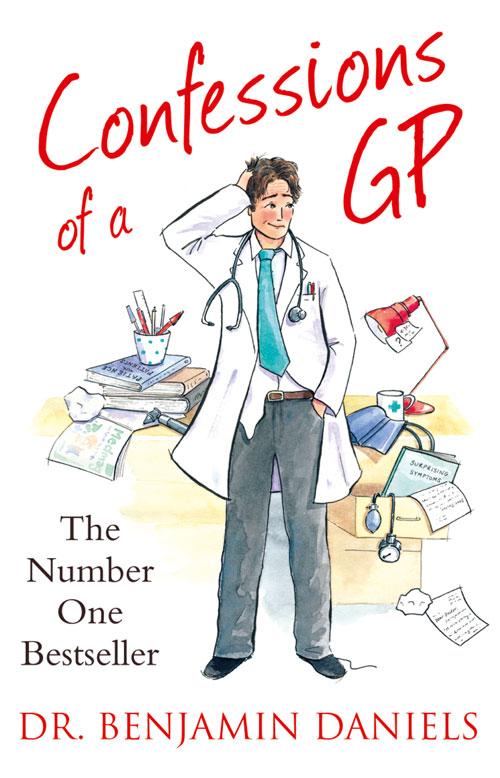
To buy the eBook, click here.
In Stitches
Nick Edwards
The true story of an A&E doctor that became a huge word-of-mouth hit now revised and updated.
Forget what you have seen on Casualty or Holby City, this is what it is really like to be working in A&E.
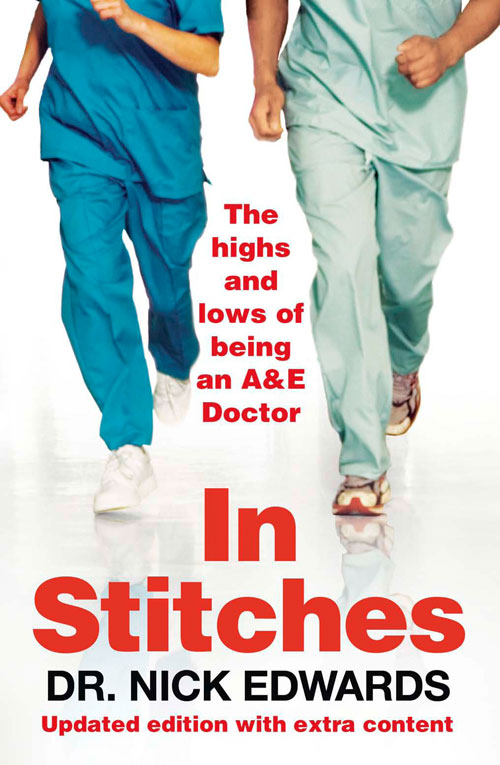
To buy the eBook, click here.
More Blood, More Sweat And Another Cup Of Tea
Tom Reynolds
On any given day he can be attacked by strangers, sworn at by motorists, puked on, covered in blood and other much more unpleasant substances. He could help to deliver a baby in the morning and witness the last moments of a dying man in the afternoon. He deals with road accidents, knife attacks, domestic violence, drug overdoses, neglect and suffering.
And you think youre having a bad day at work?
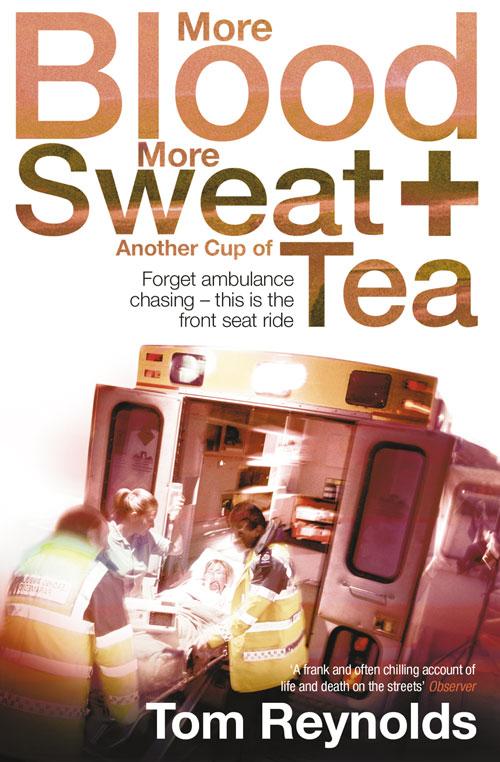
To buy the eBook, click here.
Paramdico
Benjamin Gilmour
Around the world by ambulance.
Paramdico is a brilliant collection of adventures by Australian paramedic Benjamin Gilmour as he works and volunteers on ambulances around the world. From England to Mexico, and Iceland to Pakistan, Gilmour takes us on an extraordinary thrill-ride with his wild coworkers. Along the way he learns a few things, too, and shows us not only how precious life truly is, but how to passionately embrace it.
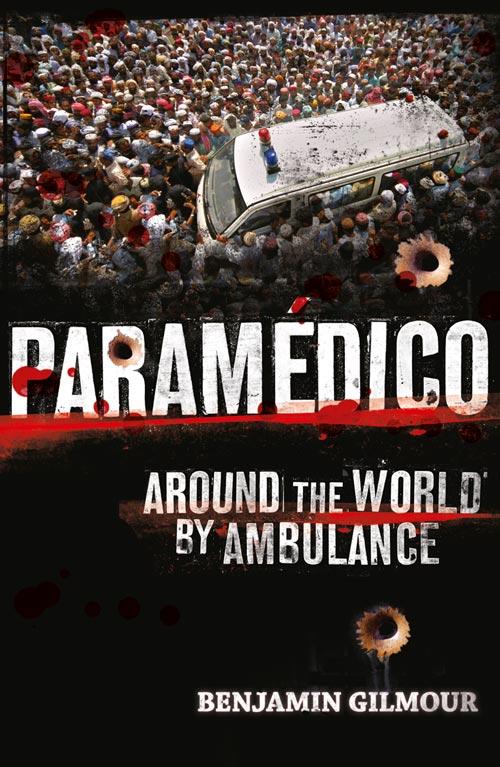
To buy the eBook, click here.
Books reach readers best through word of mouth, so if you liked this book, please tell the world!
Write a review or recommend it to a friend.
And if you do, let us know on twitter (@fridayproject), or on Facebook (Facebook.com/fridayproject).
If you hated this book, please ignore all of the above.

MICHAEL ALEXANDER
Confessions of a Male Nurse

The stories described in this book follow my progression from an inexperienced nurse to a relatively effective professional. To protect confidentiality, some parts are fictionalised, and all places and names are changed, but nonetheless they remain an honest reflection of my experience working as a male nurse over the past 16 years surprising as that might come to be!
For my wife and kids
Contents
I am just your everyday, run-of-the-mill nurse, with a unique story to tell. Okay, unique is not quite accurate; anyone that spends time working in healthcare has their own uniquely similar stories. Every day we come into contact with people from all walks of life, from the destitute to the wealthy, the young to the elderly, simple to genius, cruel to caring.
Though I never planned on being a nurse, caring for others was in my blood: my great-grandfather was a medic through two world wars, and my mother was also a nurse. Medicine provided them with a living, and so at the wholesome age of 17 I figured it would be good enough for me; nursing meant a guaranteed job. Little did I know that nursing would prove to be so much more than just a way to make a living.
Now, 16 years on, Im still working in healthcare. I wouldnt be if I didnt like caring for others, but Im only now realising that nursing isnt just about what I can do for others; nursing is also good for me. Everyone likes that warm feeling they get when they help someone. Well, I really like it, and especially when Ive done that little bit extra.
Looking after others is all Ive ever known. Ive seen people in all states of health, both mentally and physically, and I have come to the conclusion that our bodies themselves are the greatest equalising factors in our inglorious existence. Now, I want to show you what its like, what it takes, and what really goes on in the front line of the caring profession.
Why do I want to do this? On the positive side, I want to tell you just how amazing your average nurse really is; I want to prove that a good nurse can literally be the difference between life and death. On a more negative note, this is my chance to make up for the times when I should have spoken out about some of the horrendous goings-on in many hospitals, but didnt; times when I kept quiet, because of fear, ignorance, or simply being at a loss about what to do.
There is one thing almost all of us are going to be at some point, and that is a patient. One day, most of us are going to need to depend on someone when we are at our weakest. That someone is most likely going to be a stranger and that stranger is most likely to be a nurse.
I have worked with patients suffering from dreadful diseases, some of which I had never even imagined, let alone dealt with, like Guillain-Barr syndrome or motor neurone disease, or horrific cancers that spread through the body. Now, after 16 years, Ive done pretty much everything from keeping someone comfortable while their body is failing and the pain is getting too much to cope with, to chasing a confused (and very naked) patient down a corridor. Ive learnt how to deal with a family who have been told their loved one is not going to make it (which never gets any easier, regardless of whether it is expected or not). Ive experienced my fair share of emotions: frustration, impotence, despair, at the unfair ways disease and misfortune can strike those most deserving of life; at other times, relief when someones suffering ends.
But no matter how much I sympathise, I dont really know what it is like to be a patient. I have only seen things from a nurses perspective, where you cant afford to get too emotional or involved. I often wonder what it must be like to be on the other side, to be lying in bed, to see things through a patients eyes.
The only way I have of imagining is to use my experience of the way people in the past have reacted to being in my care.
What I have noticed, is that a persons behaviour generally changes as soon as they become a patient. Some people become extremely nervous, which is understandable, and may explain why some pretty silly questions are asked. Does surgery mean I will have to have an operation? Then, there are the people who, during a ward round with their consultant, will nod as if in understanding, but when the doctor leaves they havent the faintest idea what is going on. Ive heard many a patient, when asked by their consultant, How do you feel? respond by saying that they feel fine, when in fact theyd spent the morning complaining about their ailments.
Some people suddenly find they are unable to do simple tasks for themselves, like pour their own water or fluff their own pillows, even if they are physically quite capable. Others become so used to being in hospital that they know how a ward runs better than some of the staff. Some become so demanding that no matter how many of their requests are satisfied, they will never be happy, while others are so grateful for any small service even just spending five minutes listening to them that they want to shake your hand or marry you off to one of their grandchildren. Ive seen people too afraid to disturb the nurse, as they dont want to be a burden, even though they are worried about the pain in their chest. Ive seen others treating nurses like servants. Then there are people who lose all initiative, because they arent sure what they are supposed to do; they dont know how to be a patient and theyre not sure what exactly a nurses role is.

